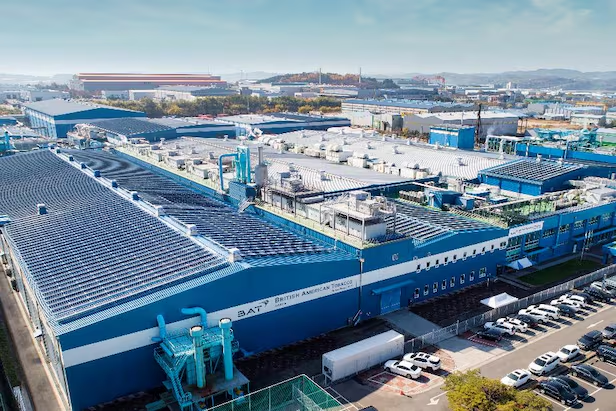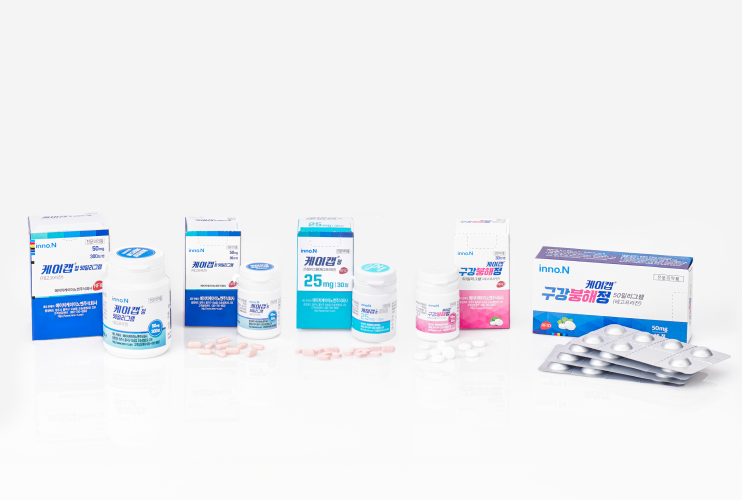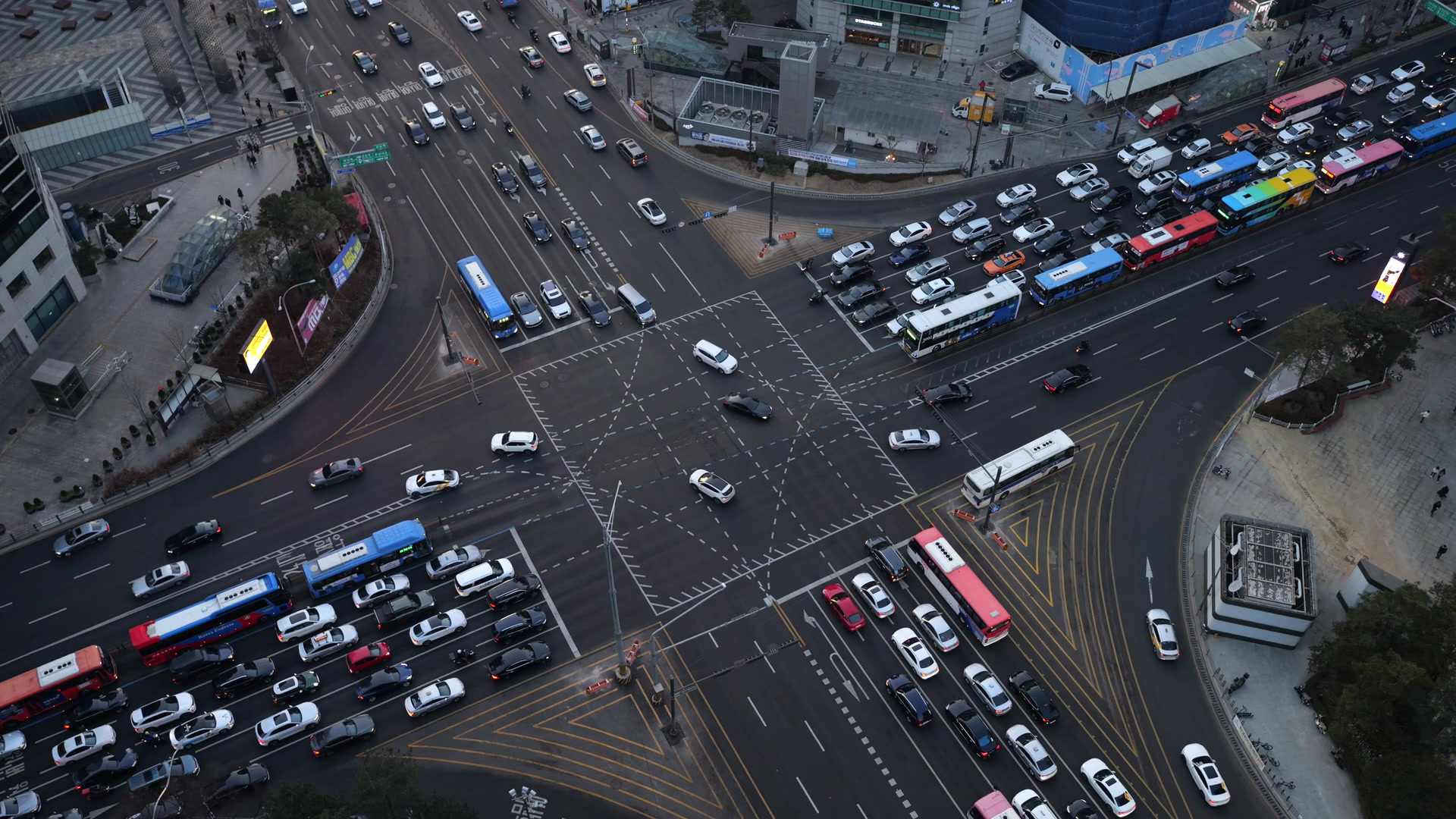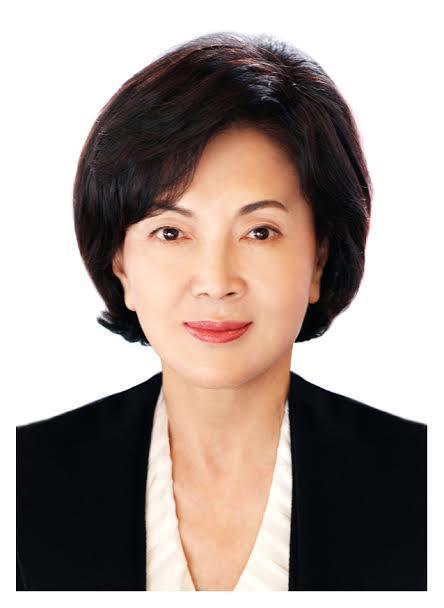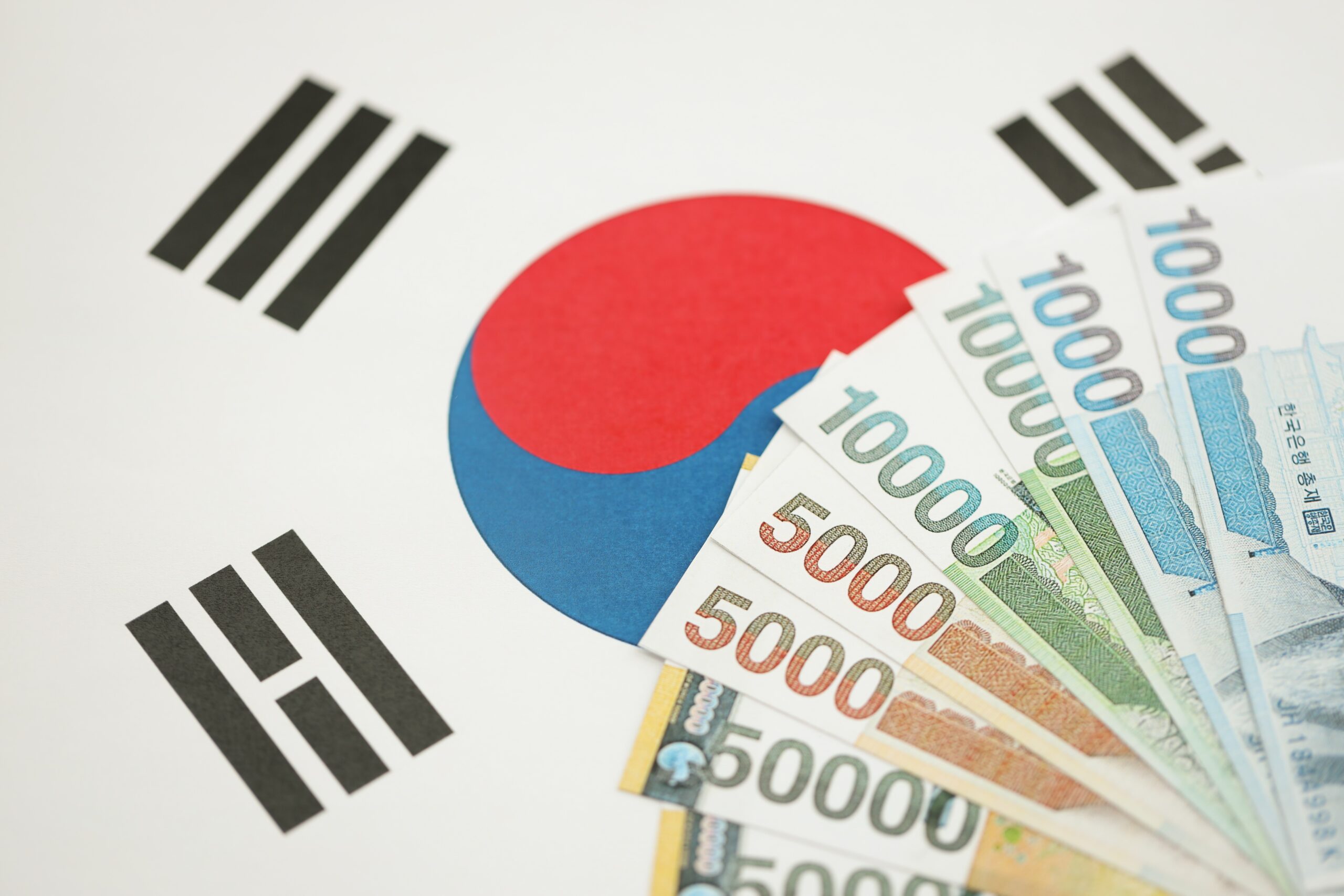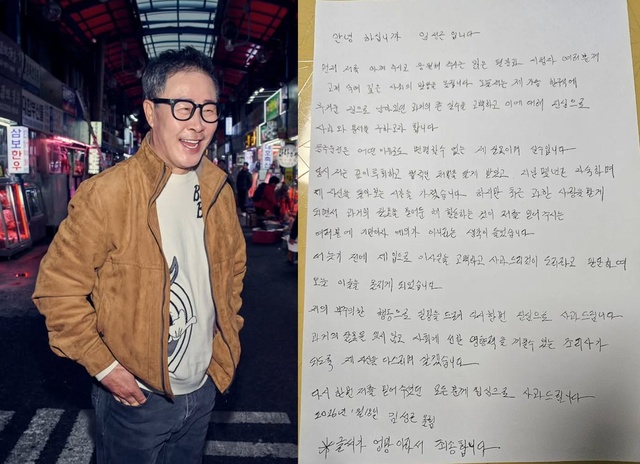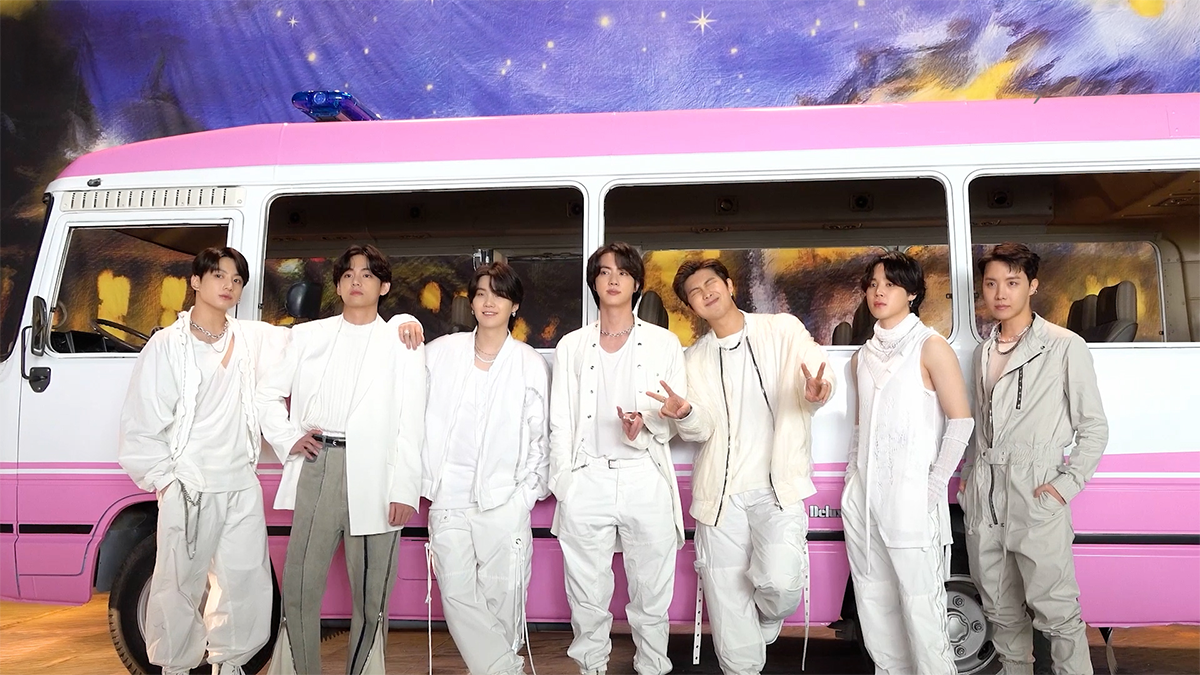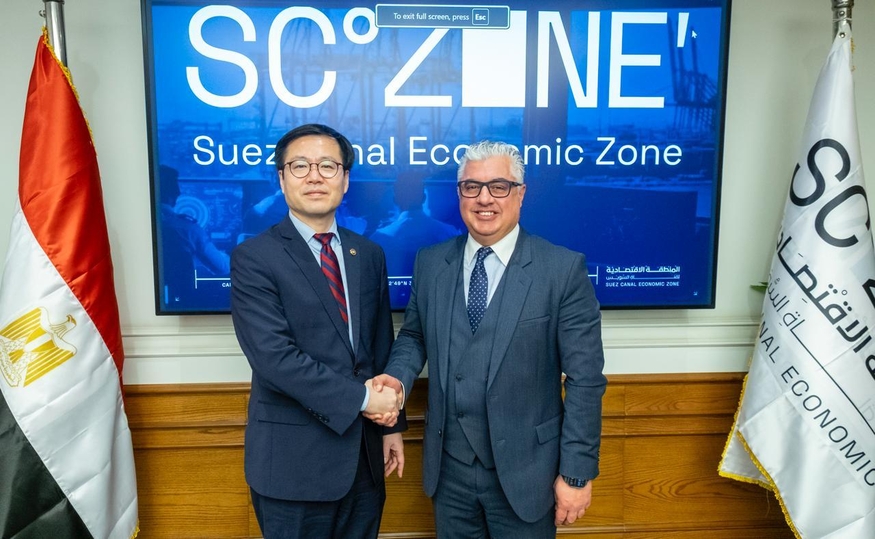
Japan has long been considered a graveyard for foreign carmakers. Domestic brands command more than 90% of the market, and electric vehicles remain a hard sell in a country where range anxiety and scarce charging stations deter buyers. But Hyundai Motor is quietly chipping away at that wall.
South Korea’s largest automaker — and the world’s No. 3 by sales — said its compact Inster EV has received about 500 orders since launching in Japan earlier this year. While modest by global standards, the figure is a breakthrough in a market where foreign automakers rarely move the needle.
To win over buyers, Hyundai has leaned on a hands-on strategy: flagship stores in Yokohama and Osaka, test drives not just at dealerships but also in supermarkets, convenience stores, and sprawling shopping centers. It has also built a nationwide service network through 65 partner garages, addressing one of the biggest concerns Japanese customers have with imports — after-sales support.
The Inster, sold in Korea as the Casper Electric, is a city-sized EV — just under 150 inches long and 63 inches wide — offered with two battery options (42kWh and 49kWh). Prices start around $18,300, undercutting many rivals. This month Hyundai added a “Cross” trim aimed at outdoor enthusiasts, a nod to Japan’s camping boom.
“Hyundai’s early traction with an EV in Japan is significant,” said one industry analyst. “With more touchpoints for consumers and competitive pricing, the company could carve out a rare space for a foreign brand in Japan.”
For Hyundai, success in Japan is more than a sales story. Cracking one of the world’s most insular car markets could give the automaker fresh credibility as it battles for EV share across Asia and beyond.


